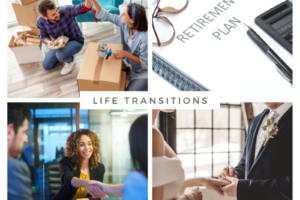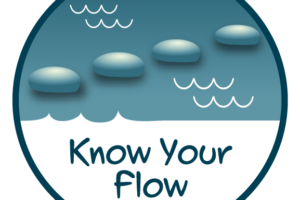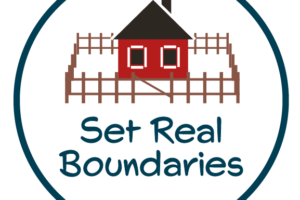
I hadn’t walked my camera in a month, no wonder I felt harried!
Yes, you read that right!
Here’s the backstory: mid-first-COVID-spring, I started walking (sans phone!) in my neighborhood and on nearby greenways. The cardio was good for my body and my mood.
In fact, it helped my mental state so much, that I was able to reduce the medication I take for depression. Who knew that could happen during a pandemic?
I really enjoyed my time in nature and in late fall I started taking my camera (yes, a real camera!) along. Taking photographs was wonderfully calming!
In the process of emerging from the pandemic, I’ve continued walking, however, I’ve taken my camera less.
Now you might think, “Well, naturally, as pre-COVID life resumes, some activities we enjoyed during the pandemic will change.”
While there’s some truth to that, we shouldn’t “throw the baby out with the bath water!”
Over the past month, I’ve felt the deeper depression trying to come back. I resisted for weeks. But I know what happens if I wait too long to take action. After much debate, last week I increased my medication back to its previous level.
Simultaneously, I realized it had been a month since I’d taken photos while walking. So this morning, I took my camera with me.

What a difference! Something happens when I stop and take pictures that doesn’t happen as much when I’m just observing nature as I walk. I can’t explain it. I just know it’s true.
It’s natural that as we get busier or when a life-disruption happens, some self-care habits take a hit. The issue: when those routines stay down. If that happens, we lose our resilience to the very events that stopped us in the first place.
I don’t know about you, but I’ve got a number of life transitions going on and I need all the resilience I can get!
Today I realized that my walking has three levels, per se:
-
walking for cardio and general well-being is good for me
-
walking while intentionally looking at and listening to nature is better for me
-
walking and taking pictures is best for me
I realize that I won’t always have time for Level 3. But it’s best if I design my schedule so that I have a mix of levels every week.
The exact mix will depend on the events happening each week. However, I know my non-negotiable is that I take one each of Level 2 and Level 3 walks each week to keep my mental health at its best.
Taking photos while walking in nature may not be your idea of a good self-care routine. Not a problem!
You be you! First, decide what will promote your physical, emotional, and mental well-being. Next determine your “levels” so you can create a schedule that works for you.
Here are a couple of examples:
- Participating in an activity you enjoy. You can choose whether it is different lengths of time for one activity or three different activities. Part of my bedtime routine is reading a book for pleasure. The length of time I read depends on when I start and how tired I am. I enjoy scrapbooking. Technically, I could do this at home, but I don’t. Instead I join a group once a month for my crafting fix. A couple of times a year (in non-COVID times), I treat myself to a multiple day crafting retreat.
- Time with a good friend. If once a month is your non-negotiable, the differentiating factor might be how and where. Dinner in a restaurant might be your preference. An hour in a coffee shop is still acceptable. A 30-minute virtual meeting could work in a pinch.
- Massage. If best is each week and better is once a month, then good might be one a quarter.
- Vacation. A three week international trip would be fabulous! One week at a destination a couple of hours away would be good. One or two nights at a nice location an hour away would be refreshing.
Are life-disrupting circumstances combined with inconsistent self-care leaving you frazzled? The Transition Success Program™ helps professionals living a fast-paced life manage their tasks, time, and space with ease so have time for self-care activities. Request a no-obligation Discovery Call to find out if the program is right for you!
Tag:ADHD, anxiety, autoimmune disease, brain based disorders, Brain Health, depression, habits, life transitions, Life Transitions Organizing, Life Transitions Resources, life-disrupting situation, mental health, mindset, pre-COVID life, productivity and organizing professional, professional organizer, self care, Self Care Matters, Self Care Tips, TBI, Transition Success Program



